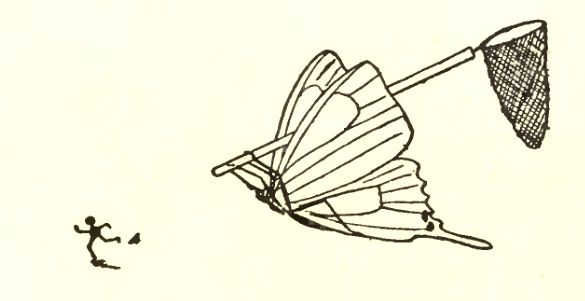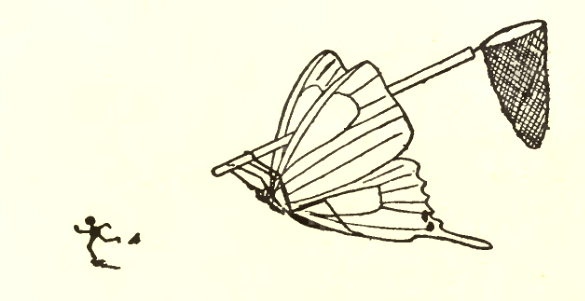 Over the objections of the authors, PLOS ONE has retracted a paper linking a diet designed to restore healthy gut bacteria to weight loss and other benefits.
Over the objections of the authors, PLOS ONE has retracted a paper linking a diet designed to restore healthy gut bacteria to weight loss and other benefits.
The study, published in June 2017, claimed to show that a “Microbiome restoration diet improves digestion, cognition and physical and emotional wellbeing.” The diet was one championed by The Gut Makeover, whose author, Jeannette Hyde, is also a co-author on the paper (which the paper clearly disclosed). The diet is “designed to improve the health and diversity of the microbiome,” the microbiota that live within us.
The paper apparently prompted some criticisms, and even led one academic editor at PLOS ONE to resign. The journal now says “the conclusions of this study are not supported by the data presented,” and have retracted it. But the case may reveal more about the limitations of peer review at the journal than it does about any weaknesses of the study. Continue reading Journal retracts study linking “gut makeover” to weight loss, improved health
 Title:
Title:  Title:
Title:  Title:
Title: 



